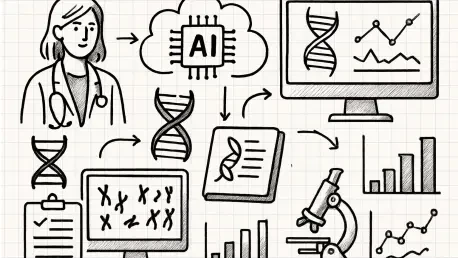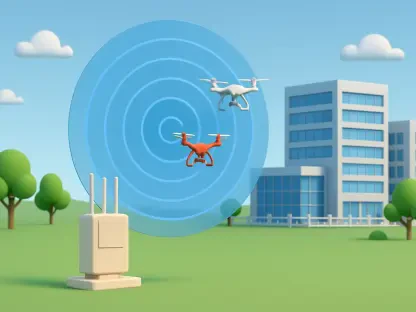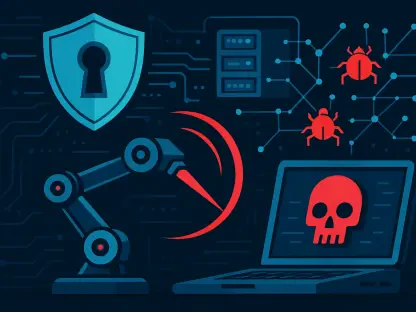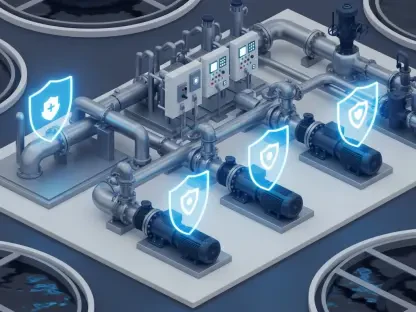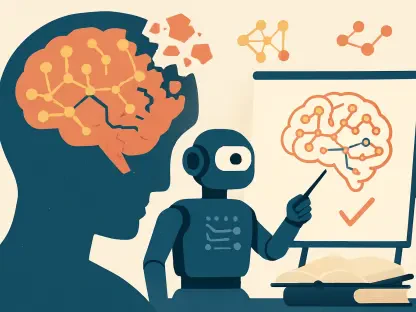Imagine a healthcare system where critical genetic insights are buried in a mountain of unstructured, handwritten, or hastily typed clinical notes, often overlooked due to sheer volume and inconsistency, leaving patients at risk of delayed diagnoses or missed treatment opportunities. This scenario is all too common in modern medicine, where physicians’ records hold invaluable data—family histories, genetic mutations, or early signs of hereditary diseases—that could transform patient outcomes if only they could be systematically analyzed. Enter artificial intelligence (AI), specifically natural language processing (NLP), which is emerging as a game-changer in clinical genomics. By teaching AI to interpret these messy, human-generated notes, researchers are unlocking a treasure trove of information that can guide genetic testing, identify high-risk individuals, and streamline clinical trial enrollment. This technological advancement promises to bridge the gap between raw data and actionable medical insights, revolutionizing how genetic risks are managed in healthcare settings.
Harnessing NLP for Precision in Genetic Data Extraction
The power of NLP lies in its ability to sift through vast amounts of unstructured text in clinical notes, identifying patterns and extracting relevant genetic information with a precision that manual reviews often lack. These systems are built on hybrid models combining traditional machine learning approaches, like conditional random fields, with specialized genetic lexicons and rules tailored to the medical domain. Such tools ensure that phrases like “no family history of breast cancer” are correctly interpreted as non-indicators of risk, avoiding false positives that could lead to unnecessary interventions. For example, a note mentioning a patient’s mother diagnosed with breast cancer at a young age alongside a BRCA1 mutation can trigger an alert for genetic counseling or trial eligibility. This automated process not only accelerates patient identification for critical interventions but also minimizes human error, ensuring that subtle yet vital clues are not missed amid the chaos of busy clinical environments. The result is a more efficient workflow that prioritizes accuracy in high-stakes decision-making.
Balancing Innovation with Ethical Challenges
While the potential of AI in decoding clinical notes is undeniable, it comes with significant ethical and practical challenges that demand careful consideration. Misinterpretations by NLP systems—such as mistaking a negative statement like “no history of colon cancer” for a positive risk factor—can lead to incorrect medical decisions, ranging from unwarranted tests to overlooked diagnoses with serious consequences. This highlights the necessity for rigorous oversight and continuous refinement of these technologies to ensure reliability in sensitive medical contexts. Beyond technical accuracy, there is also a broader question of equity, as AI must be designed to uncover disparities in access to genetic counseling and care, ensuring that advancements benefit all patients equally. Looking ahead, the focus should shift toward developing models that not only extract data but also provide meaningful summaries of genetic risks in clinically actionable ways. Reflecting on past efforts, it’s clear that AI has reshaped how data is approached, acting as a catalyst for rethinking patient care while emphasizing the human stories behind each data point. The next steps involve fostering collaboration between technologists and clinicians to refine these tools, ensuring they serve as trusted allies in the pursuit of better health outcomes.
